Key Points
- Research shows that certain foods can improve gut health by supporting healthy bacteria and reducing inflammation, with benefits like better digestion and stronger immunity.
- It seems likely that a probiotics diet and fiber intake play a big role in maintaining a balanced microbiome diet, based on studies from health experts.
- The evidence leans toward including fermented foods and prebiotics benefits in your diet for digestive wellness, as they help nurture good gut bacteria.
7 Gut Health Foods You Need to Eat Now for a Happier Belly!
Ever feel like your stomach’s just not happy, no matter what you eat? Or maybe you’re tired all the time, and you don’t know why? Let’s talk about gut health—it’s the secret to feeling your best! Your gut is like a busy marketplace, full of healthy bacteria working to keep you energized, happy, and strong.
When it’s out of balance, you might deal with bloating, low energy, or even a weaker immune system. The good news? Eating the right foods can make a huge difference. In this article, we’ll share seven amazing foods that improve gut health naturally. From probiotics diet tips to fiber intake, we’ve got you covered with simple ideas to boost your digestive wellness. Let’s dive in and get your gut smiling again!
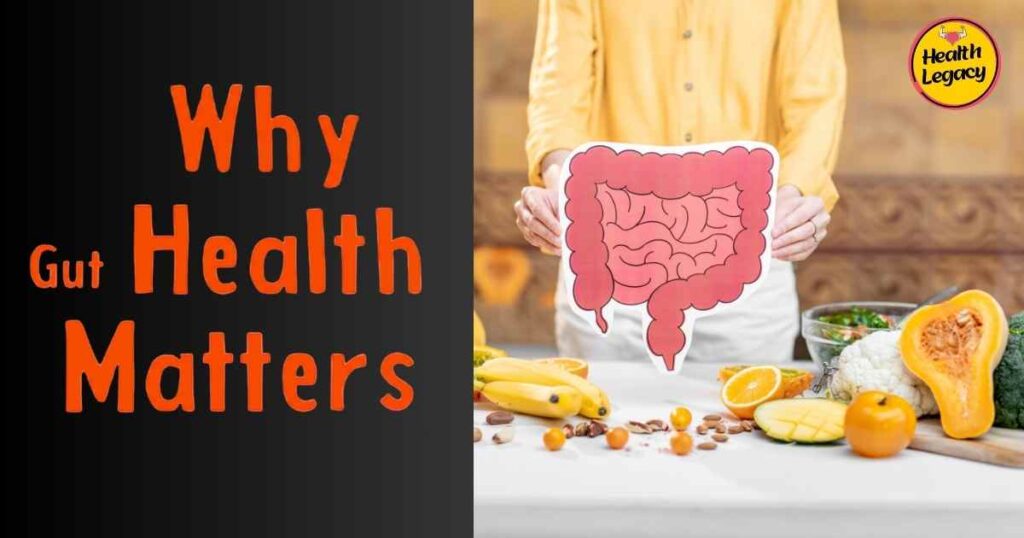
Why Gut Health Matters
Your gut does way more than just digest food—it’s like the control center for your whole body. A healthy gut means better digestion, stronger immunity, and even a happier mood. When your microbiome diet is balanced, the good bacteria in your gut thrive, keeping the bad ones in check. But if you’re eating too much junk food or not getting enough fiber intake, those healthy bacteria can struggle, leading to issues like bloating or fatigue.
Think of your gut like a garden. The healthy bacteria are the flowers, and foods with prebiotics benefits and probiotics diet are the water and sunshine they need to grow. By eating the right stuff, you’re helping your gut garden bloom, which leads to better digestive wellness. Let’s look at seven foods that can make that happen.
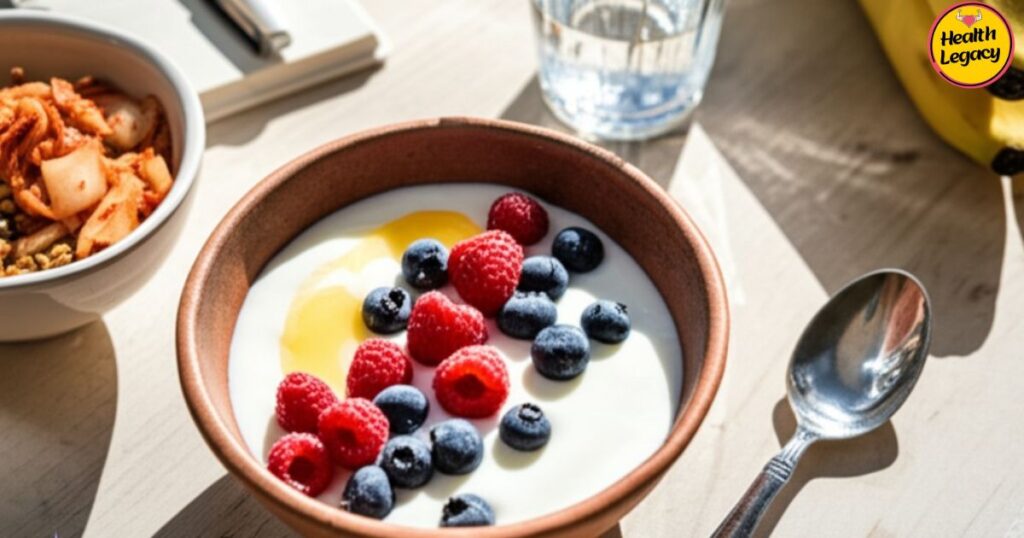
Seven Foods to Boost Your Gut Health
Yogurt for Probiotics Power
Yogurt is a superstar when it comes to gut health. It’s packed with live cultures—those are the healthy bacteria that keep your gut happy. These cultures are part of a probiotics diet, which helps balance your microbiome diet by adding good bacteria to your system.
Pick plain, unsweetened yogurt with live cultures—check the label for words like “Lactobacillus” or “Bifidobacterium.” In India, you might find fresh curd at a Mumbai market, which is a great local option.
Add some fruit for sweetness, but skip the sugary flavored kinds—they can do more harm than good. Eating yogurt a few times a week can improve your digestive wellness and even help with issues like diarrhea or constipation.
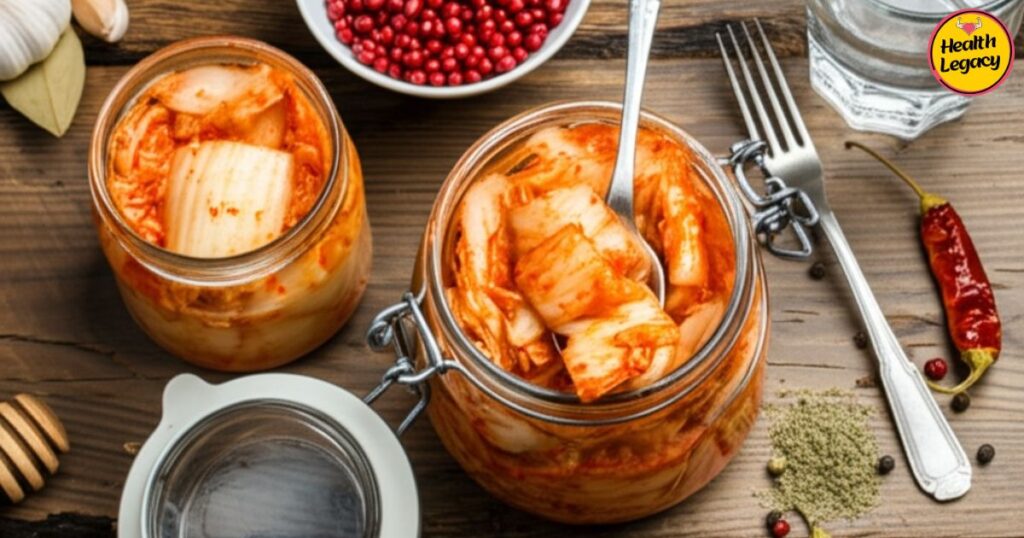
Kimchi and Sauerkraut for Fermented Goodness
Fermented foods like kimchi and sauerkraut are amazing for your gut. They’re loaded with healthy bacteria that support your microbiome diet. Kimchi, a spicy Korean dish made from cabbage, and sauerkraut, a tangy German staple, are both created through fermentation—a process that grows good bacteria.
These foods also have prebiotics benefits, which means they feed the good bacteria already in your gut. Try adding a small spoonful of kimchi to your rice or sauerkraut to a sandwich. If you’re in the U.S., you might find these at a grocery store near the Rockies, or you can make them at home. Start with a little bit—too much at once might upset your stomach if you’re not used to fermented foods.
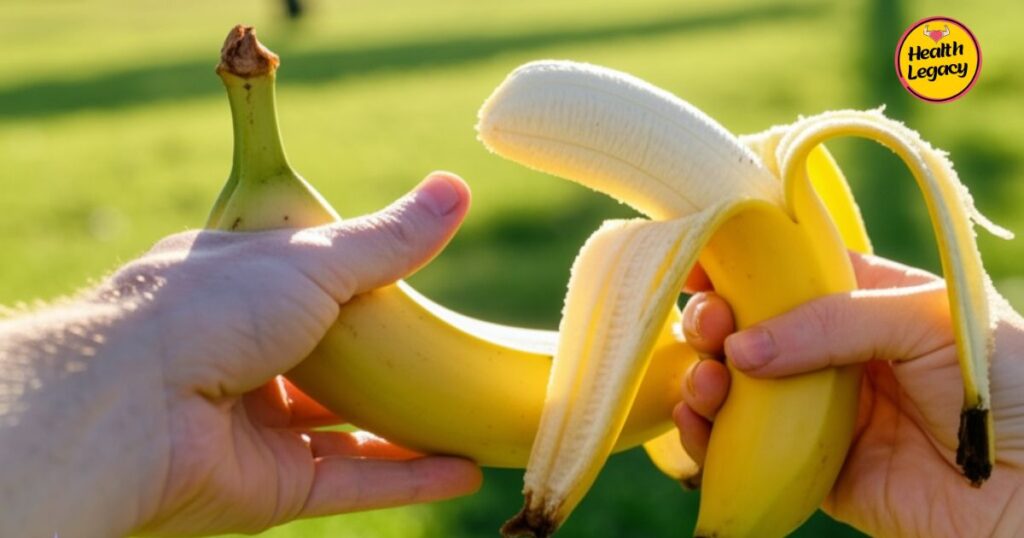
Bananas for Prebiotic Support
Bananas are a simple, tasty way to boost gut health. They’re rich in prebiotics benefits, which act like food for your healthy bacteria. This helps your gut bacteria grow stronger, improving your digestive wellness.
Bananas also have fiber intake that keeps things moving smoothly in your gut. A medium banana gives you about 3 grams of fiber, which is awesome for your microbiome diet.
Picture this: a busy mom in Mumbai grabs a banana from a local market stall for a quick snack—it’s easy, cheap, and great for her gut. Eat one a day, either on its own or sliced into your oatmeal, to keep your gut happy.
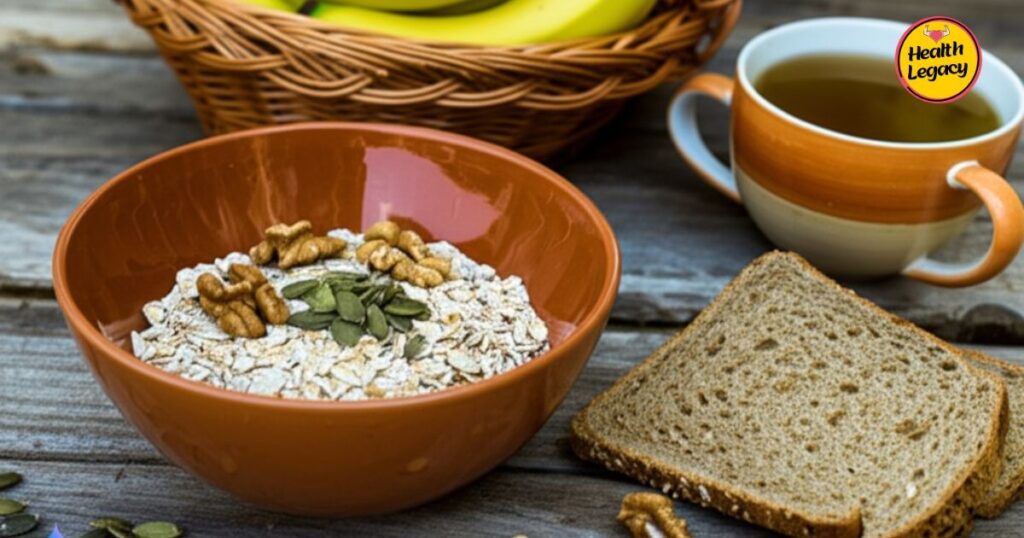
Whole Grains for Fiber Boost
Whole grains like oats, brown rice, and quinoa are packed with fiber intake, which is key for gut health. Fiber acts like a broom, sweeping through your gut to keep it clean and moving. It also feeds your healthy bacteria, supporting a balanced microbiome diet.
For example, a bowl of oatmeal in the morning gives you about 4 grams of fiber—perfect for starting your day. In the U.S., you might enjoy quinoa as a side dish while hiking in the Rockies—it’s light but filling.
Aim for three servings of whole grains daily to improve your digestive wellness. Just make sure to drink plenty of water with high-fiber foods to avoid bloating.

Garlic for Prebiotic Power
Garlic isn’t just for flavor—it’s a gut health hero! It has prebiotics benefits that feed your healthy bacteria, helping them grow stronger. Garlic also has compounds that fight off bad bacteria, keeping your microbiome diet in balance.
Add a clove or two to your cooking—think stir-fries, soups, or even a curry if you’re in India. A fictional story: imagine Ravi, a chef in Mumbai, tossing garlic into his dal recipe, not knowing he’s boosting his digestive wellness with every bite. (That’s just a made-up example to show how easy it is!) Garlic is cheap, easy to find, and a small amount goes a long way for gut health.
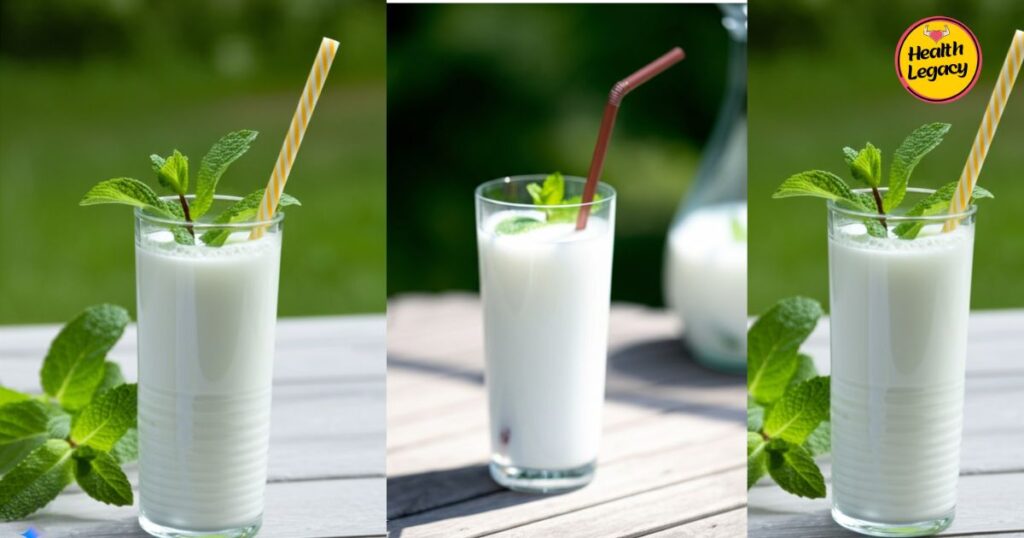
Kefir for a Probiotic Punch
Kefir is a fermented drink similar to yogurt, but it’s even more powerful for gut health. It’s loaded with a variety of healthy bacteria, making it a top choice for a probiotics diet. Kefir can have up to 30 different strains of good bacteria, which is great for your microbiome diet.
You can drink kefir on its own or add it to smoothies. It’s a bit tangy, so if you’re new to it, start with a small glass—about half a cup. In the U.S., you might find kefir at a health food store near the Rockies, or you can make it at home with kefir grains. Drinking kefir a few times a week can really improve your digestive wellness.
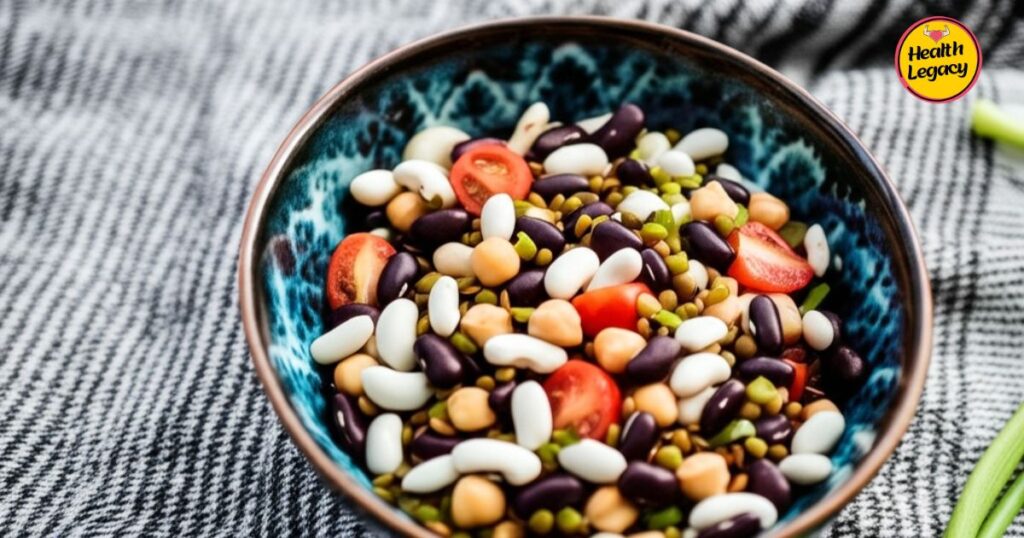
Beans for Fiber and Prebiotics
Beans—like black beans, chickpeas, or lentils—are fantastic for gut health. They’re high in fiber intake, which helps with digestion, and they also have prebiotics benefits that feed your healthy bacteria. This combo makes them a powerhouse for your microbiome diet.
A half-cup of cooked beans can give you 7-8 grams of fiber—pretty impressive! In India, lentils are a staple in dishes like dal, which you might find at a Mumbai market. Try adding beans to soups, salads, or even tacos if you’re in the U.S. They’re cheap, filling, and great for digestive wellness. Just soak them overnight to make them easier on your stomach.
Tips to Add These Foods to Your Diet
Now that you know the best foods for gut health, let’s talk about how to eat them every day. Start small—don’t try to change everything at once. Pick one or two foods from this list and add them to your meals. For example, have yogurt with breakfast or toss some garlic into your dinner.
Mix things up to keep it fun. One day, sip kefir in the morning; the next, enjoy kimchi with lunch. If you’re in India, you might pair lentils with rice for a classic meal. In the U.S., a quinoa salad might be your go-to. The key is consistency—eating these gut foods regularly will help your healthy bacteria thrive, leading to better digestive wellness.
Oh, and if you’re looking for quality fermented foods like kefir or kimchi, you can find some great options online. We love the products at Thrive Market (an affiliate link—we may earn a small commission at no extra cost to you). They’ve got a wide range of gut-friendly foods to support your probiotics diet.
Conclusion
Taking care of your gut health is one of the best things you can do for your body—and it starts with what you eat. By adding these seven gut foods to your meals, you’re giving your healthy bacteria the support they need to keep your microbiome diet balanced.
From yogurt and kimchi to bananas and beans, these foods are easy to find and packed with prebiotics benefits and fiber intake. They’ll help you feel better, digest easier, and even boost your mood. So, why not start today? Pick one food from this list and give your gut some love. Your body will thank you for the digestive wellness boost!

FAQs
- What are the best foods for gut health?
Foods like yogurt, kimchi, bananas, and beans are great for gut health. They’re full of probiotics diet benefits, prebiotics benefits, and fiber intake to support your healthy bacteria. - How often should I eat fermented foods for gut health?
Try eating fermented foods like kefir or sauerkraut a few times a week. Start with small amounts to see how your gut reacts, and build up from there for better digestive wellness. - Can a probiotics diet help with bloating?
Yes! A probiotics diet with foods like yogurt and kefir can balance your microbiome diet, which often reduces bloating. It helps your healthy bacteria work better. - What’s the difference between prebiotics and probiotics?
Prebiotics benefits come from foods like bananas that feed your healthy bacteria. A probiotics diet includes foods like yogurt that add good bacteria to your gut. - How do I add more fiber to my diet for gut health?
Eat more fiber intake foods like whole grains and beans. Start with small portions—like a bowl of oats in the morning—to improve your digestive wellness without discomfort.
Key Citations

